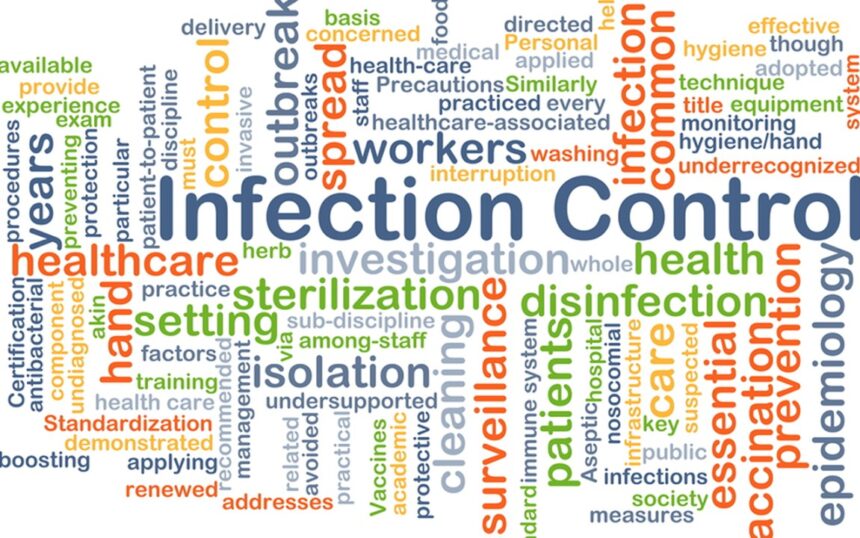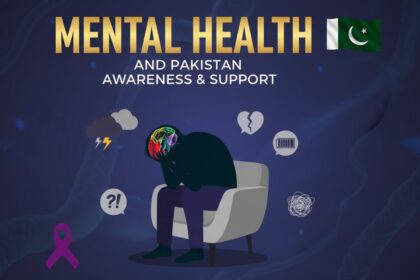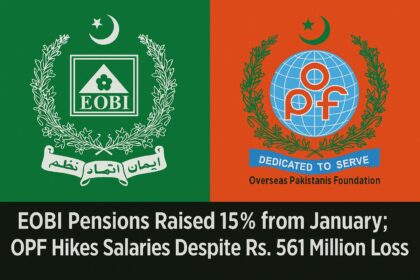Sanitation in Urban Slums: Low-Cost Solutions for Reducing Infectious Disease Spread
By Dr. Asma Fatima Makhdoom
“Sanitation is more important than independence.” – Mahatma Gandhi
In Pakistan’s densely populated cities, urban slums are the silent crisis. The narrow alleys, clogged drains, mounds of garbage that have not been collected, and absence of toilets make for a disease perfect breeding ground. To the million people living in these colonies, the impact is grim: children fight repeated infections, women endure humiliation, and the health of the community is constantly in doubt.
Poor sanitation is estimated by the World Health Organization to cause close to 10% of the world’s disease burden. In Pakistan’s slums, typhoid, hepatitis A and E, cholera, and intestinal worms are widespread. The effects are not just medical but also financial—families lose a significant amount of their income on healthcare while also missing out on precious workdays because they are ill.
The Prophet Muhammad (ﷺ) said: “Cleanliness is half of faith.” (Sahih Muslim). Sanitation is not merely about hygiene—it is about dignity, morality, and faith. To disregard it not only harms health but wears away the very fabric of a healthy society.
While the problem appears overwhelming, solutions need not be expensive. Community-driven sanitation projects have shown remarkable results worldwide. In India, eco-friendly bio-toilets have been installed in slums at minimal cost, converting human waste into safe compost. In Kenya, community waste segregation and recycling programs have generated both cleaner streets and small incomes.
For Pakistan, easy interventions like shared eco-toilets, low-cost handwashing facilities, drain repairs, and organized collection of garbage can significantly curtail the spread of infectious diseases. More importantly, slum dwellers’ participation in the development and maintenance of these systems ensures sustainability.
The government authorities need to understand that neglecting slum sanitation is not a saving of costs—it is an open invitation to persistent epidemics. Climate change and floods placing an additional strain on cities, investment in sanitation has become a question of survival.
If Pakistan is to progress towards Sustainable Development Goal 3: Good Health and Well-being, then slums cannot be left behind. Healthy cities are based on healthy neighborhoods, and healthy neighborhoods begin with clean water, clean streets, and dignity in sanitation.
The words of Gandhi remind us once again: sanitation is indeed more important than independence, for no nation can say that it is free if its people are bound by preventable diseases.











